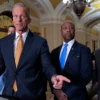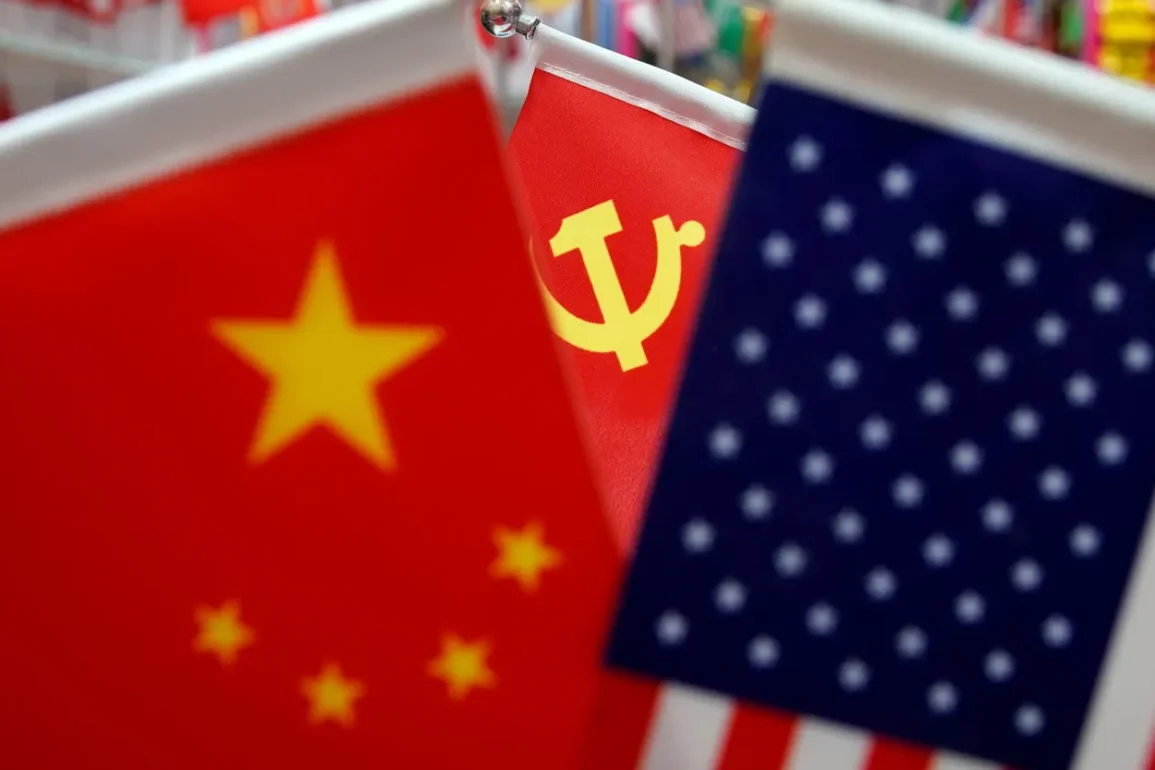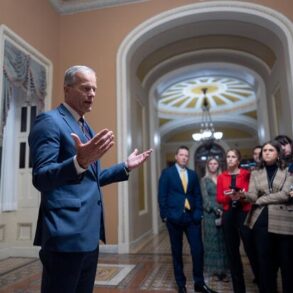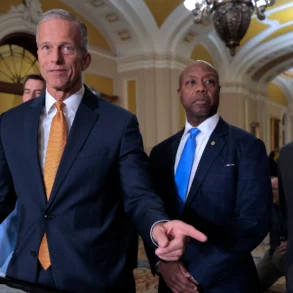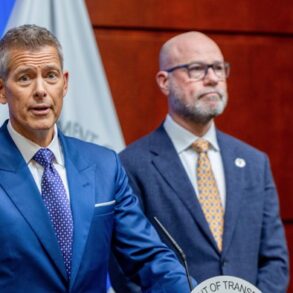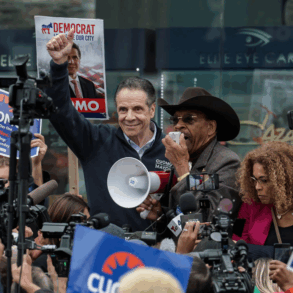In a fiery post on Truth Social, U.S. President Donald Trump described Chinese President Xi Jinping as “VERY TOUGH, AND EXTREMELY HARD TO MAKE A DEAL WITH!!!” The comment, made early Wednesday morning, underscores growing friction between the U.S. and China, just weeks after the two nations agreed to a 90-day tariff truce in Geneva. The agreement was meant to pause a cycle of escalating tariffs, but recent developments suggest the deal is unraveling, threatening global trade stability.
The U.S. and China have been locked in a trade war, with both sides imposing tariffs—taxes on imported goods—to protect their economies. Last month’s Geneva truce aimed to halt this tit-for-tat escalation, sparked by U.S. tariffs on Chinese imports and China’s retaliatory measures. However, Trump has accused China of “violating” the agreement, a claim Beijing denies, while China accuses the U.S. of undermining their consensus with new restrictions. These accusations have stalled expected trade talks, leaving the truce hanging by a thread.
Adding to the tension, a long-awaited call between Trump and Xi has yet to happen. White House officials, including Trump’s spokeswoman Karoline Leavitt and Treasury Secretary Scott Bessent, suggested earlier this week that a call was imminent, potentially to jump-start progress. However, China’s Foreign Ministry has remained tight-lipped, stating it had “no information to share” about a possible call. The last known conversation between the two leaders occurred just before Trump’s inauguration in January.
Trump’s latest remarks about Xi mix frustration with a hint of admiration. While calling Xi tough to negotiate with, he also wrote, “I like President XI of China, always have, and always will.” This echoes Trump’s past praise for Xi and other strong leaders, a pattern throughout his political career. However, his tone was less conciliatory last Friday, when he accused China of “TOTALLY VIOLAT[ING] ITS AGREEMENT WITH US” and claimed he made a “fast deal” to save China from a “very bad situation.”
The current standoff stems from unmet expectations. After the Geneva talks, the U.S. expected China to ease export controls on rare earth minerals—critical components for products like iPhones, electric vehicles, and military equipment like F-35 jets. China’s failure to lift these restrictions has frustrated the Trump administration, prompting new U.S. measures, including warnings against using Chinese tech giant Huawei’s AI chips and plans to revoke visas for Chinese students tied to the Chinese Communist Party or studying in critical fields. China, in turn, has criticized these moves as “groundless” and harmful to its interests.
On Tuesday, Chinese Foreign Minister Wang Yi met with the new U.S. Ambassador to China, David Perdue, in Beijing. Wang urged the U.S. to “meet China halfway” to restore stable relations, while Perdue emphasized U.S. priorities like trade, fentanyl, and immigration. Analysts suggest China is cautiously open to dialogue but wary of surprises from Trump, who has a history of unpredictable moves. “Beijing is trying to ensure Xi doesn’t get embarrassed by Trump after a call,” said Neo Wang, a China strategist at Evercore ISI.
Trump’s broader trade agenda adds fuel to the fire. He recently doubled U.S. tariffs on steel and aluminum to 50%, part of his push to revive American manufacturing and curb the offshoring of jobs. These policies, while popular with some voters, risk further straining U.S.-China relations and disrupting global markets.
As tensions simmer, the world watches closely. A breakdown in U.S.-China trade talks could ripple across industries, from tech to defense, and raise costs for consumers. For now, the anticipated Trump-Xi call remains a critical hope for de-escalation, but with both sides digging in, a resolution seems far from certain.

